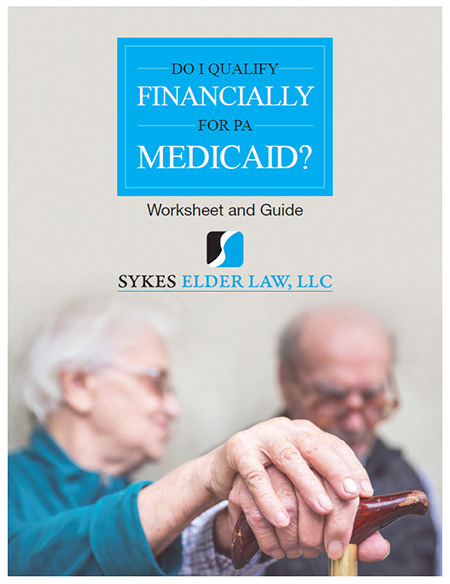Medicaid applicants often find they have more money than the program allows and have to “spend down” to qualify for benefits.
By purchasing exempt resources to spend down, applicants can not only qualify sooner, but also enhance their quality of life and prepare for the future.
Being “over-resourced”
To qualify for Medicaid, an applicant’s countable resources may not exceed the allowable limit: $2,400 if income is $2,022 per month or more, or $8,000 if income is less than $2,022 per month.
Resources are countable if they are not specifically exempt under Medicaid law. Countable resources typically include such items as checking and savings accounts, certificates of deposit, savings bonds, mutual funds, and non-residential real estate.
An applicant who would otherwise qualify for benefits, but has resources exceeding the limit, is said to be “over-resourced.”
Exempt resources
Medicaid law exempts some items from being countable for purposes of the resource limit.
Exempt resources include such items as household goods and furnishings, medical equipment, jewelry and other personal items, certain income-producing property, one motor vehicle, and burial spaces. The law exempts an irrevocable burial reserve for the applicant and his or her spouse, if the amount is not considered exorbitant. A 401(k), IRA, or other qualified pension plan owned by the applicant’s spouse is also exempt.
Purchasing during spend-down
Now let’s put these pieces together.
If you’re spending down resources to qualify for benefits, now is the perfect time to purchase items that will be exempt. Buy items that can enhance your quality of life, such as a hearing aid, motorized wheelchair, lift chair, radio or TV. Replace worn-out clothes with new ones. Plan for the future by buying a burial space and irrevocable burial reserve.
If you have a spouse, there are even more opportunities. It may make sense to replace your spouse’s car, make needed repairs to the house, or make a variety of purchases.
Caution:
A married couple must give careful consideration to the timing of any such purchases, and consider how it could affect the ability to protect resources or income for the non-applicant spouse. An elder law attorney can help you design an effective plan.





